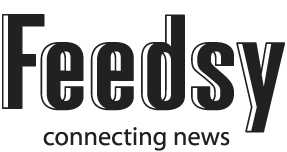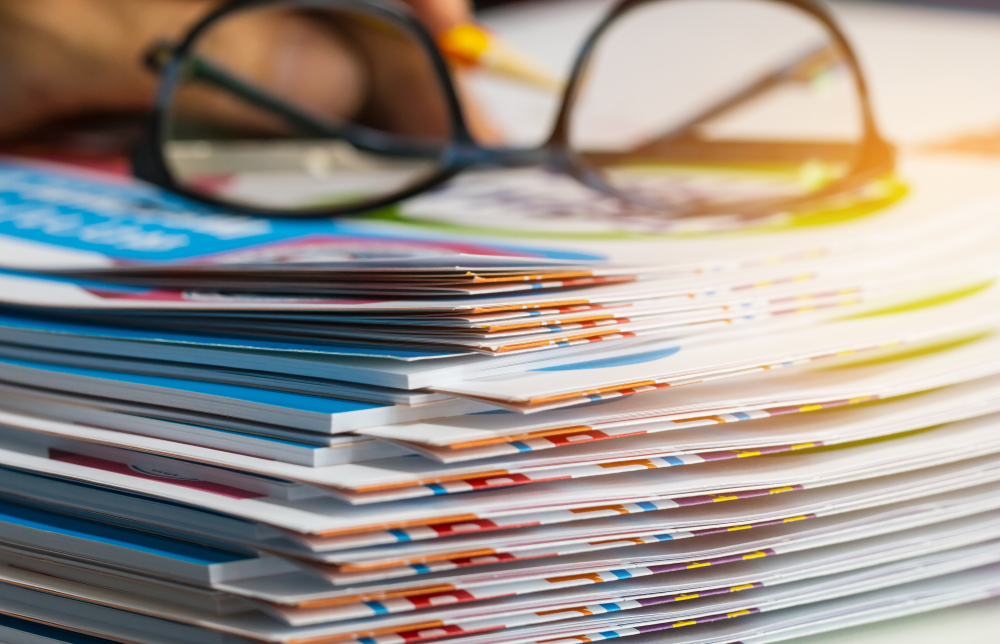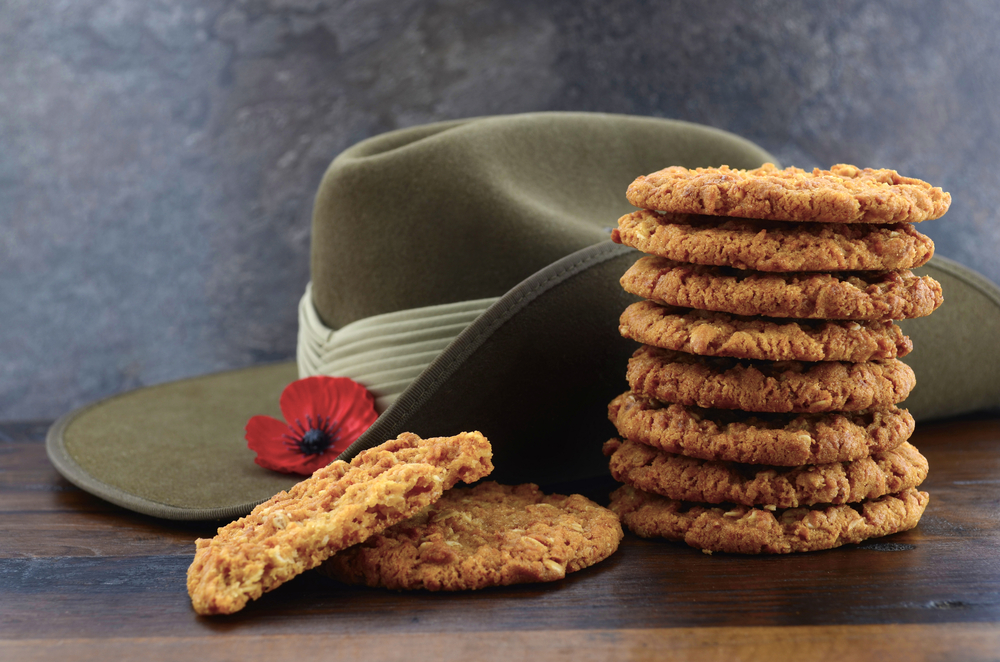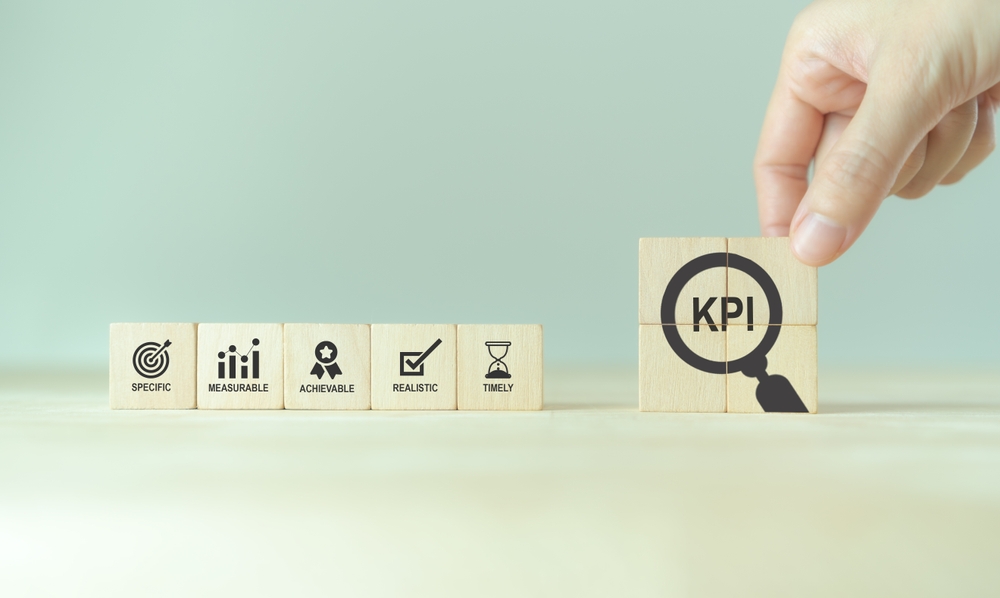Families in Sydney, Melbourne and Brisbane are spending more than $500 a week on transport for the first time as new research shows the cost of getting around is taking off.
The Australian Automobile Association’s transport affordability index, released on Sunday, shows transport costs have risen faster than inflation, with the greatest price jumps in car loans, insurance and maintenance.
Motorists did get small relief in some areas, including modest price falls in petrol and relief on tolls and registration costs in some states and territories.
The Australian Bureau of Statistics’ monthly price index last week showed inflation reached 6.8 per cent in the year to April, up from 6.3 per cent in March.
But AAA managing director Michael Bradley said the association’s analysis showed transport costs for an average Australian family had increased by almost 7.4 per cent in the March quarter compared with the same period a year earlier.
Mr Bradley said the higher fees were causing a heavy burden at a time when Australians were feeling cost-of-living pressures across the board.
“Transport is a significant and unavoidable expense for households and is one of the key drivers of inflation,” he said.
“Governments at all levels must consider these cost pressures when formulating policy.”
The report found the weekly cost of transport in Sydney, Melbourne and Brisbane had exceeded $26,000 a year for the first time.
Transport costs in Alice Springs, Geelong and Bunbury topped the list of regions surveyed at around $400 a week.
The highest price rises came in the cost of car loan payments, car insurance and the cost of servicing cars. The cost of public transport also rose in Brisbane.
Petrol costs fell $2 in the March quarter to $94 a week, while tolls were lower in Sydney due a rebate scheme and the price of registration and licensing fell slightly in the ACT.
Overall, transport costs commanded more than 15 per cent of the average household income, the report found.
Jennifer Dudley-Nicholson
(Australian Associated Press)






